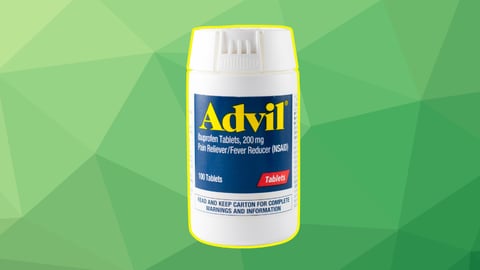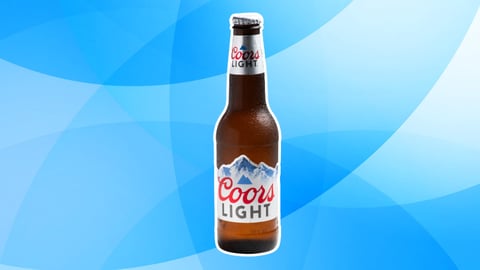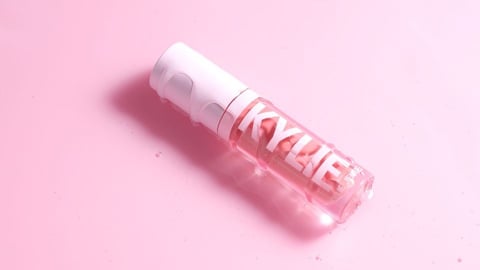Unilever Expands AI Image Capture To Further Automate Ice Cream Restocks
Unilever has introduced several tech-enabled efficiency and visibility measures within its ice cream segment over the years, implementing artificial intelligence and image capture. Progress is underway to expand these initiatives and the company recently reported positive results.
Finding success in its AI-powered inventory technology, Unilever is equipping 350,000 freezers (or 30% of its top-selling ice cream cabinets in priority markets) with the technology over the next two years. So far, it has completed installation in 100,000 freezers. The software takes photos of the inside of the freezer and automatically delivers the images to the cloud where AI can determine the stock level and generate orders for distributors for low-inventory items.
Read More: Unilever Is Also Using AI to Accelerate Product Innovation in Laundry
Since the initial implementation in 2023, the company has seen incremental growth that ranges from 8% in Turkey to 12% in the U.S. and up to 30% in Denmark. In Hungary, the company reported that nearly 10% of its freezer fleet has been equipped with the technology. Almost 5% of all orders were generated by the AI system this ice cream season.
“There is no one size fits all. It varies from country to country,” said Sarosh Hussain, ice cream’s head of digital selling systems, in a company blog post.
Getting the Most out of Data
Hussain said the company is working on increasing its data sets through the expansion to get clearer insights into product visibility and supply chain strategy, as well as new product launch performance to better inform marketing campaigns.
Read More: Unilever Gets Deeper Into Data With Samsung Partnership
“By analyzing this data, we should be able to understand if our ice cream brand’s above-the-line campaigns have had a positive correlation on freezer sales and stock,” Sarosh said. “We’ll be able to compare freezer sales from previous seasons to determine if new products are adding value or cannibalizing our core, and have the insights to reassess promotion planning and reforecast accordingly.”
Unilever also plans to use this data on the sales side, providing its workforce with insights to cross or upsell and increase productivity levels.
“Knowing what stock needs to be replenished before going into an outlet means the time usually taken up by the order process can be used on tasks like new business development and merchandising,” Sarosh said.
Unilever’s Ice Cream Strategy
The technology works alongside Unilever’s previously developed e-commerce app that allows retailers to order restocks, monitor stock levels, make electronic payments, and view discounts and special offers. Last year, Unilever said about 40% of its retail partners use the app.
Earlier this year, the company created a separate entity for its ice cream business. Under a different ownership structure, the company includes brands like Wall’s Magnum, and Ben & Jerry’s. Unilever said the restructuring would give the company“operational and financial flexibility to grow its business, allocate capital and resources in support of the company’s distinct strategy.”






